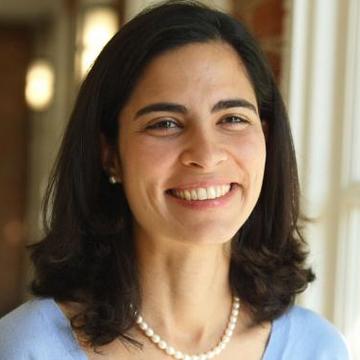Cuba’s latest inflection point
Following Raul Castro's retirement, human rights must be central to U.S. policy, writes Cristina Lopez-Gottardi Chao
Read the full article at the Richmond Times-Dispatch
This week marked the close of Cuba’s eighth Communist Party Congress, held every five years to announce important political and policy shifts. And this year’s came at a complicated time for the island nation.
Domestically, Raul Castro — who now is 89 years old — announced his retirement from his position as head of the Politburo, leaving the island then fully in the hands of the current Cuban President, Miguel Diaz-Canel.
Though a family succession would have been expected, Diaz-Canel nevertheless is likely to continue the decadeslong party line. As such, this is a symbolic if not significant shift that will mark the end of the Castro brothers’ 62-year political and ideological reign over Cuba.
While many hoped that former President Barack Obama’s détente would lead to greater freedoms for civil society, in reality little in U.S. policy at the time demanded it, and so President Joe Biden is right to take note and chart it more cautiously.
The Congress also came at a time of worsening economic conditions and mounting internal pressure. In 2020, Cuba’s economy experienced significant contraction, declining an estimated 11%, according to government sources.
Though much of the contraction was due to pandemic-related declines in Cuba’s tourist sector and to the loss of Venezuelan economic support, there also has been a continued government reluctance to fully open the economy to private business.
In 2010, Raul Castro announced the need for changes to the Cuban economy that would strengthen socialism, not replace it. These reforms were intended to include shrinking of state payrolls in tandem with liberalization of the private sector.
